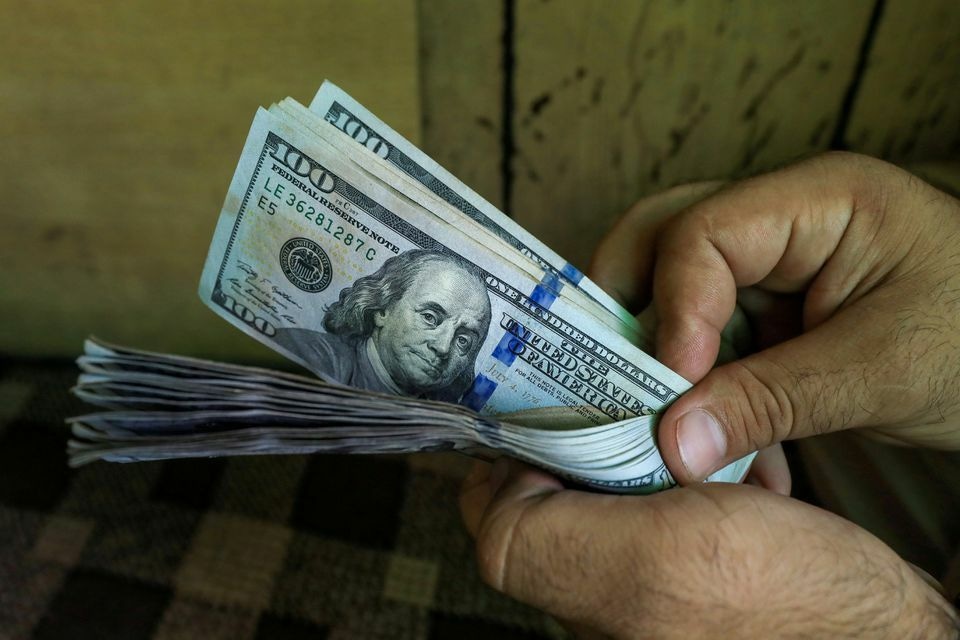Pakistan’s perceived default risk worsens 'owing to IMF uncertainty'
- Expert says CDS would normalise after inflows from friendly countries and global lender are realised
Pakistan's perceived risk of default, measured by the 5-year credit default swap (CDS), worsened further in a matter of days and hit 75.5%, owing to uncertainty over the International Monetary Fund's (IMF) ninth review.
As per data provided by brokerage house Arif Habib Limited (AHL) on Wednesday, Pakistan's 5-Year CDS increased from 5,620bps on November 14 to 7,550bps on November 15, an increase of 1,929.6bps.
A CDS is a financial derivative that allows an investor to swap or offset their credit risk with that of another investor. To swap the risk of default, the lender buys a CDS from another investor who agrees to reimburse them if the borrower defaults.
Pakistan is currently in an IMF programme, and seeking further inflows. The IMF Staff Mission is expected in Islamabad by the end of the ongoing month but the date has not yet been finalised as the Fund wants Pakistan to first make the required adjustments.
“Uncertainty pertaining to the ninth IMF review is driving this sentiment,” Abdullah Umer, a financial market expert, told Business Recorder.
The market analyst said the delay in IMF review, while the government seeks relaxation from the international lender, is adding to the uncertainty of global investors.
“However, it would normalise after inflows from foreign countries including Saudi Arabia and China are materialised,” he added.
Business Recorder reported an official, on condition of anonymity, said negotiations with the IMF are being held on a daily basis through video link and there is no veracity in reports of introducing new taxes on the demand of the IMF. The official said the political situation in the country is also one of the factors for the delay in fielding a staff-level mission by the IMF.
However, he acknowledged that the IMF has been pressing for an increase in the tax-to-GDP ratio.
Meanwhile, Umer said the increase in CDS will make raising funding from international markets more expensive, adding to the debt burden of the country.
Tahir Abbas, Head of Research at AHL echoed similar views.
"Delay in IMF ninth review and delay in US dollar inflows are the reasons. This is the highest CDS recorded since data became available from November 2006 onwards," said Abbas.
Responding to the development, ex-finance minister Shaukat Tarin expressed concern and blamed the current government for its “inept handling of the economy”.
According to latest data available, foreign exchange reserves held by the State Bank of Pakistan (SBP) plunged $956 million on a weekly basis, clocking in $7.96 billion as of November 4, 2022.
However, SBP Governor Jameel Ahmad remained confident that the central bank has sufficient stocks of foreign exchange reserves.
“We have over $7.9 billion reserves. These are more than sufficient to meet any obligations,” he said.





















Comments
Comments are closed.